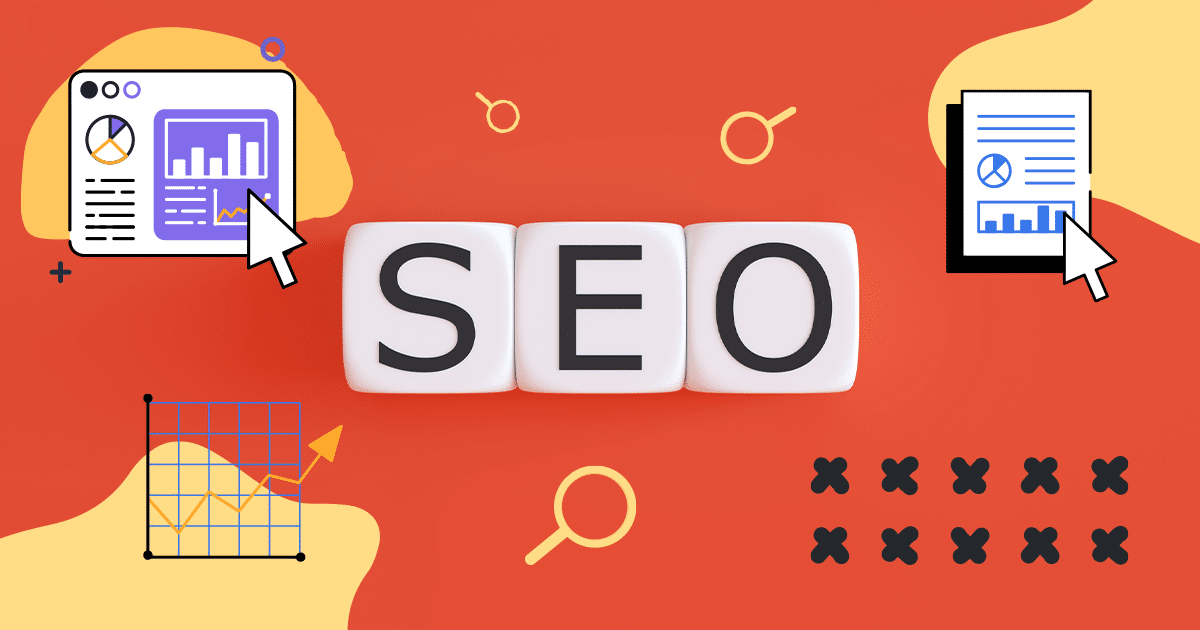If you had asked a businessman, at the end of 2019, which were their plans for 2020, I’m sure the answer wouldn’t even be close to the current reality of the world.
The world pandemic of Covid-19 is not just a public health crisis, as it has a direct impact on the economy — and think about customer retention in times of crisis is a must.
In a scenario of economic uncertainty, businesses had to adapt and respond rapidly to the moment.
That happened with the ones that saw their sales skyrocket due to the increase in demand and with those that, for the most part, are directly suffering impacts of social isolation.
It seems strange to think that the pandemic accelerated the digital transformation. But, it is no longer possible to think about the survival of businesses that have not digitized and changed their way of relating to their clients.
In this article, we will talk about three issues that can help from small to big businesses to differentiate themselves and go through this moment of crisis.
Without a doubt, attention to the customer base is directly related to retention.
A lot has changed, and the way to relate to customers needs to evolve. Therefore, keep reading to see what can be done!
Why is digital transformation a necessary change?
Many changes are happening within organizations: the relationship with customers, the way of doing businesses, how the customers are finding companies, and how the world sees them.
We are seeing hundreds of cases of companies using the digital medium to position themselves and even to remain open by reaching out to customers in previously unplanned ways.
Physical doors have closed, and now it’s time to open digital doors wide. Businesses will never go back to being as they were at the end of 2019.
Delivery is now an option, maybe the only one, to bars that were previously open for hours on weekends, with live music, that now is transmitted via lives on YouTube.
Physiotherapists, physical educators, psychologists, and doctors started to attend and monitor their patients online.
Gyms started to make online and group classes. And even religious institutions are doing their rituals through videoconference tools.
What do all these changes tell us? That physical barriers no longer exist.
Hundreds of businesses are now working with the home office scheme. Even public companies — that didn’t seem open to this reality — now are operating 100% on remote schemes.
Digital transformation is a path with no return.
But how to adapt all businesses to this reality?
The first step, for sure, is related to how much you know about your customer.
How are you taking care of your customers?
Maybe your operation has been greatly impacted by all of this, or you may have adapted well to the new way of working.
But there is something that hasn’t changed, and that requires attention more than ever: your client.
This is the time to understand everything that is happening to them, whether it’s a company, whether it’s the final consumer.
Your organization needs to know, when it comes to B2B businesses, how the customer is suffering the impacts of this crisis, and how you can help them.
Regarding B2C businesses, it is important to know how your customer’s routine was impacted. Think about this:
- Are they working from home?
- Has it impacted the family’s direct income?
- Are they in need of a new job?
And more importantly: how can you help with all those scenarios? Take the opportunity to find out strengths and weaknesses and get an overview of the customer’s market.
Be the agent that will help to solve the new situations that are happening to them.
Know your customer
Listen to what they have to say.
Only then will it be possible to understand what they expect from you in the situation they are facing.
Understand your client’s reality and take advantage of the fact that they will be open to talking.
It is a favorable time to approach and genuinely listen, as people are in more need of sharing — and you can be the ears they need. Listening can bring valuable insights.
It is necessary to know the customer’s needs and build a relationship based on trust — if you haven’t done that already.
And even in businesses where the relationship with the customer is not long-lasting, be ready to listen, taking advantage of the means you have, such as social networks and WhatsApp.
Exchange experiences. Not only listen but also talk about the moment you are going through and show empathy. Let the customer know how important they are and how much you value them.
And reflect: how have I worked so far? Before the whole crisis started, how much did you know your customer?
If you had known them a little better, how much would this have helped you be closer to them?
And learn!
Focus on knowing who your customer is from now on.
How to guarantee customer success during a crisis?
How valuable would it be for you to have your active customer base doing business with you right now?
Philip Kotler once said that “retaining customers can be 5 to 7 times more economical than investing in new customers”.
In times of crisis, most companies are putting their brakes on businesses. After all, there is a concern with the financial issue in all sectors, from big to small companies.
Everyone is looking for a way to save up and be more profitable. Consumers are reviewing budgets and reducing expenses.
On the other hand, when a customer is loyal to your brand, you usually are not remembered in times of cuts.
After all, when you are relevant enough to help your client get the result they are waiting for, they will certainly do anything to keep you on their budget.
This is the moment for that honest question: “if my company didn’t exist, how would things be going with the business or the life of the customer?”
The answer can bring you many truths about your company and how relevant it is.
What is the importance of customer experience and CAA?
The experience the customer has with your brand, or how much you help them to be successful, is directly related to how much they are willing to do or keep doing business with you.
Simple actions can impact both positively and negatively the way your customers see you.
Just open LinkedIn for a moment and see many cases of companies that are being loved and defended during the crisis, and many that are being criticized.
So I suggest that you focus on three factors, which here I refer to as CAA.
Customer service
To stand out at this time, your company needs to provide the best service and make it a competitive advantage.
You need to offer a unique experience.
Provide a customer-focused service, designed and customized for them, able to help them solve their biggest pain at the moment, whether it is to sell more, whether it is to order some takeout.
Alignment
Ensure the delivery of the best solutions within the needs and time expected by the customer.
Did you promise something? Then do it.
Be flexible. Think that just as you are going through a difficult time, they may need to find possibilities.
Be extremely strategic now that you know your consumer.
Surprise them at the right moment, present a business plan for this moment, suggest a product, and propose how you can help them get out of this situation.
Attitude
The sense of humanization is more alive than ever.
Attention, care, and humanity usually do not require effort, but they do require sensibility.
Prepare everyone in contact with the customer to remain 100% focused on and aligned with what your company intends to deliver. Invest in dialogue and always surprise.
How to do this in real life?
1. Be available
Show the customer that they will be able to find you. Invest in customer service channels that allow the ideal responses at the right time.
Train the entire team that will contact the customer and show how to respond and interact through tools such as email, WhatsApp, and chatbot.
And always remember of humanization and personalization.
2. Create channels for problem-solving
Everything a person or a company doesn’t want right now is not to be able to get answers and solve problems.
Everyone is adapting to the moment; working remotely requires more trust, and we have less control over everything.
Therefore, help your customers understand how things are going and that you are ready to help.
3. Create options, understand the moment, and make it possible
Is it a discount? Payment terms negotiation? Delivery option? Delivery agility?
Understand what helps your consumer and do it. The important is that they feel you are offering what they need.
4. Change the way you sell
Talk about your product and service. Information is now vital, as it approximates and helps dissemination.
Take advantage of social networks to promote your products; make videos, tutorials, and consultancies.
Be present where your consumer is: computer, mobile, and tablet screens.
5. Make the difference
Content and social media diversification is always a good bet.
Thus, look for lives and webinars.
Invest in interactivity, remembering that on the other side, there is a person in need of being impacted by something valuable.
Therefore, you need to differentiate yourself and draw attention.
6. Educate
This is a good moment to educate the market. It may not be the time to close many deals, but brand-building never hurts.
So, bet on all the ways to get to the consumer’s home, as this is where most people are now.
Think about creative solutions. And always remember that in times like these you can choose one of two sides: crisis or creation.
It is just a matter of perspective. Therefore, let’s look for the best results and long-lasting partnerships with our customers.
Did you enjoy our tips on what you can do to increase customer retention in times of crisis? What about checking out how the content experience will evolve after coronavirus?








